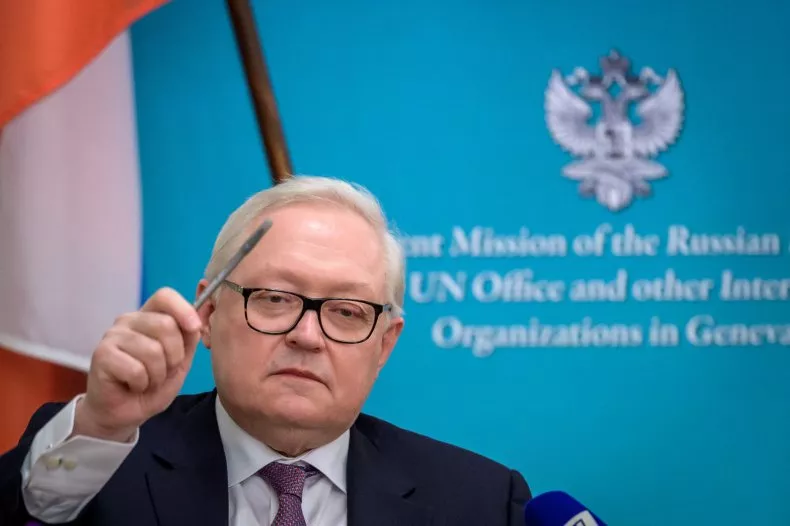Russia has firmly rejected U.S. President Donald Trump’s Ukraine peace plan, stating that it does not address Moscow’s core concerns. Russian Deputy Foreign Minister Sergei Ryabkov emphasized that without these key issues being resolved, the Kremlin “cannot accept” the current proposals.
Trump’s Attempt at Peace
Since taking office, Trump has been working to mediate the ongoing Russia-Ukraine conflict. His administration has secured partial ceasefires in the Black Sea and against Ukraine’s energy infrastructure, but tensions remain high. Russia launched its full-scale invasion in February 2022, and the war has continued with devastating consequences.
Despite these ceasefires, Trump has yet to signal to Kyiv to end the war, according to Ryabkov. In an interview with Russia’s International Affairs magazine, he said:
“All we see is an attempt to create a framework for a ceasefire based on American terms. However, our main demand—addressing the root causes of this conflict—is completely absent.”
The Core of Russia’s Concerns
Russia first annexed Crimea in 2014 and later invaded parts of eastern Ukraine, citing concerns over Kyiv’s increasing ties with the West. Ukraine has since pursued NATO and European Union membership, which Moscow sees as an existential threat.
For Russia, Ukraine joining NATO is a red line. The alliance includes several former Soviet states that now rely on NATO as a security safeguard. Moscow, however, views this expansion as a direct challenge to its influence and security.
“We take the proposed solutions very seriously, but we cannot accept them as they stand,” Ryabkov added, emphasizing that Russia has its own detailed approach to negotiations, which was discussed at recent talks with the U.S. in Riyadh.
Read More: Zelenskiy says Russia has committed over 183,000 war crimes in Ukraine
Trump vs. Putin: Tensions Rise
Adding to the friction, Trump recently reacted with anger to Russian President Vladimir Putin’s suggestion that Ukraine should implement a transitional government as part of any ceasefire deal. This move would sideline Ukrainian President Volodymyr Zelensky, which Trump outright rejected.
In an interview with NBC News, Trump warned:
“If Russia and I can’t reach a deal to stop the bloodshed in Ukraine, and I determine it’s Russia’s fault—which it might not be—then I will impose secondary tariffs on Russian oil.”
These tariffs could be as high as 25-50% on all oil exports from Russia, significantly impacting the country’s economy and global energy markets.
What This Means for Canada
As a NATO ally, Canada has been a strong supporter of Ukraine, providing military aid and financial assistance. Any escalation between the U.S. and Russia could have economic repercussions, particularly in energy markets. Rising oil prices could impact Canadian fuel costs and trade relations with both the U.S. and Europe.
With negotiations at a standstill, the world watches closely as tensions between Russia, Ukraine, and the U.S. continue to unfold.

